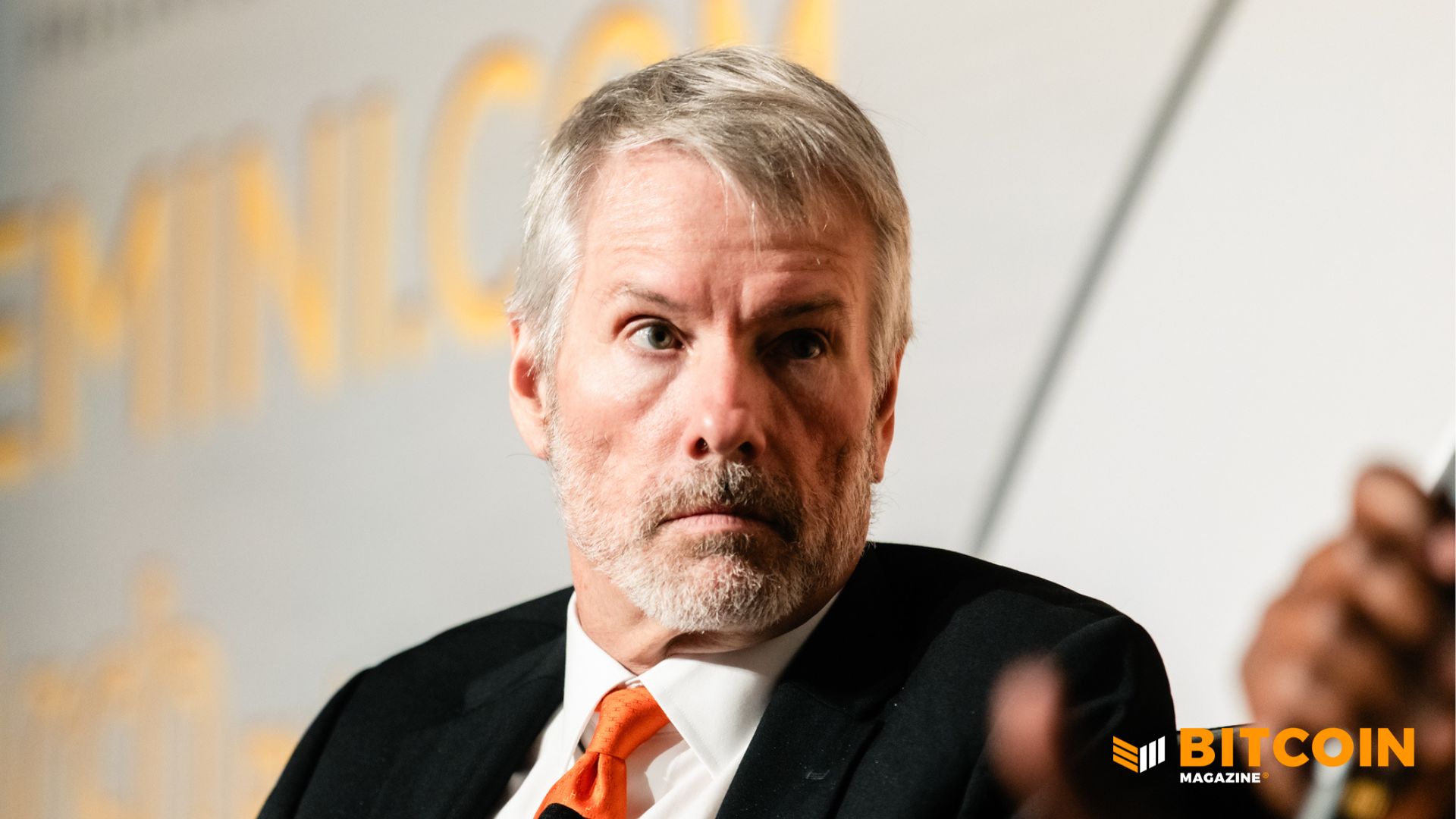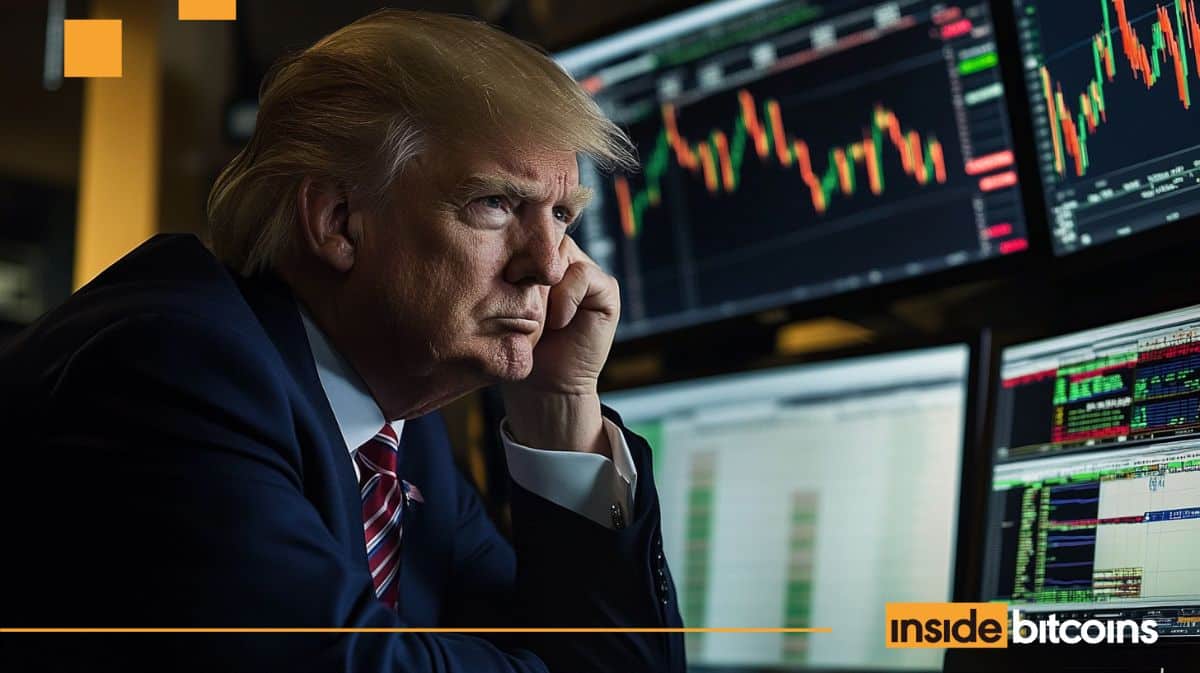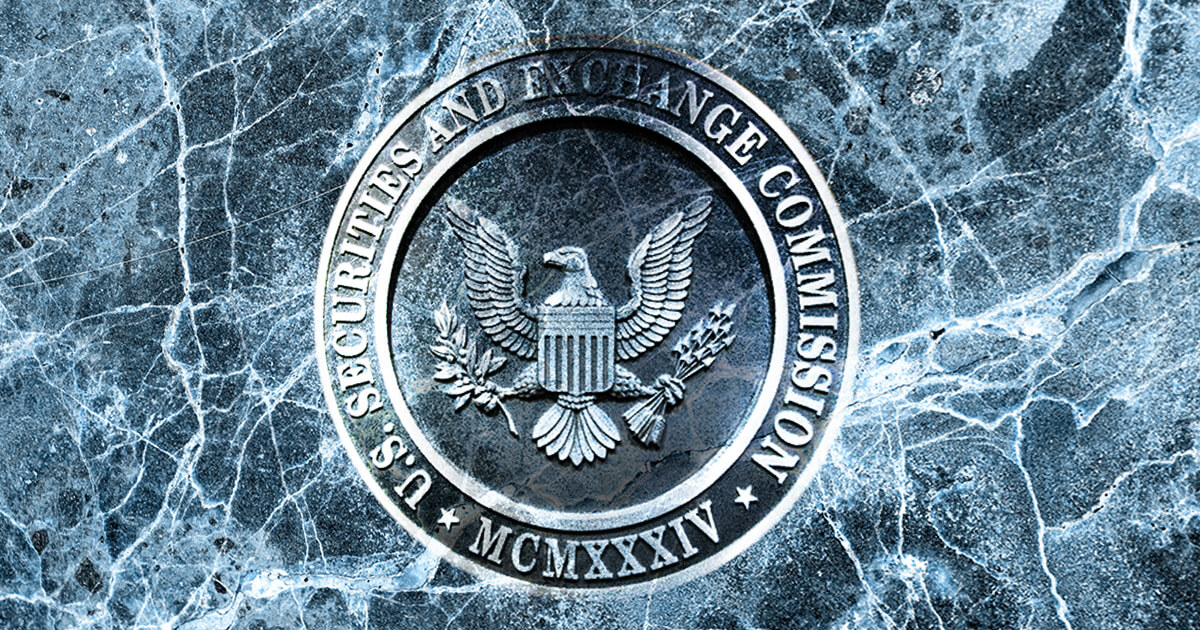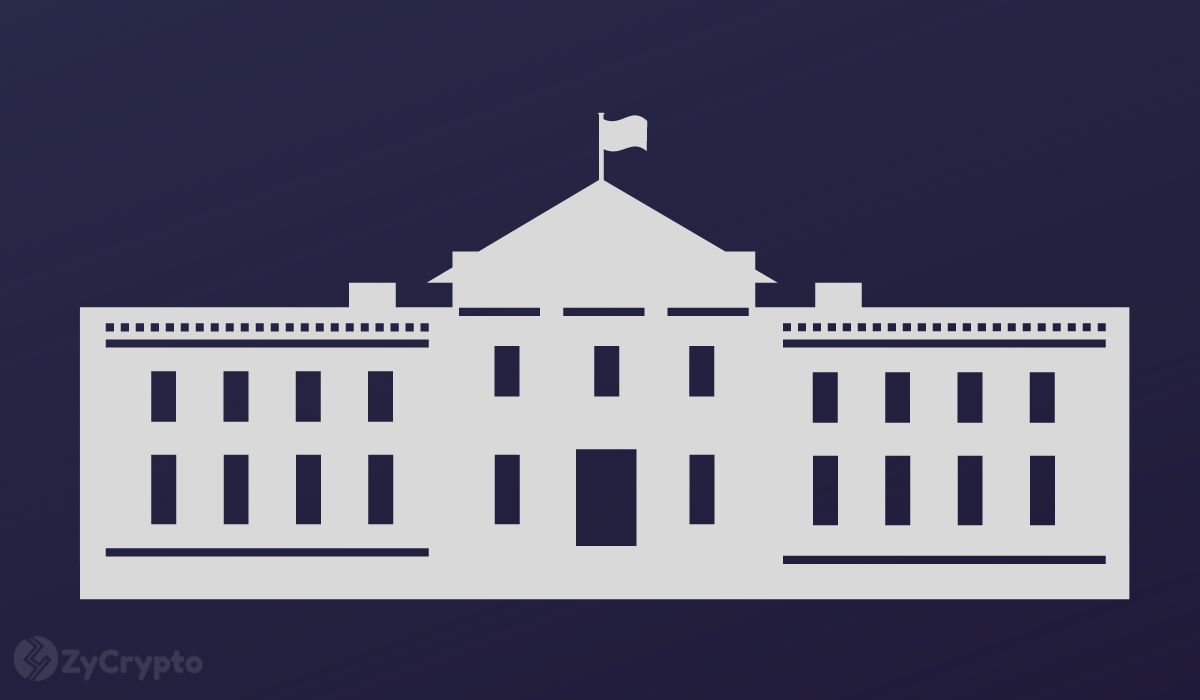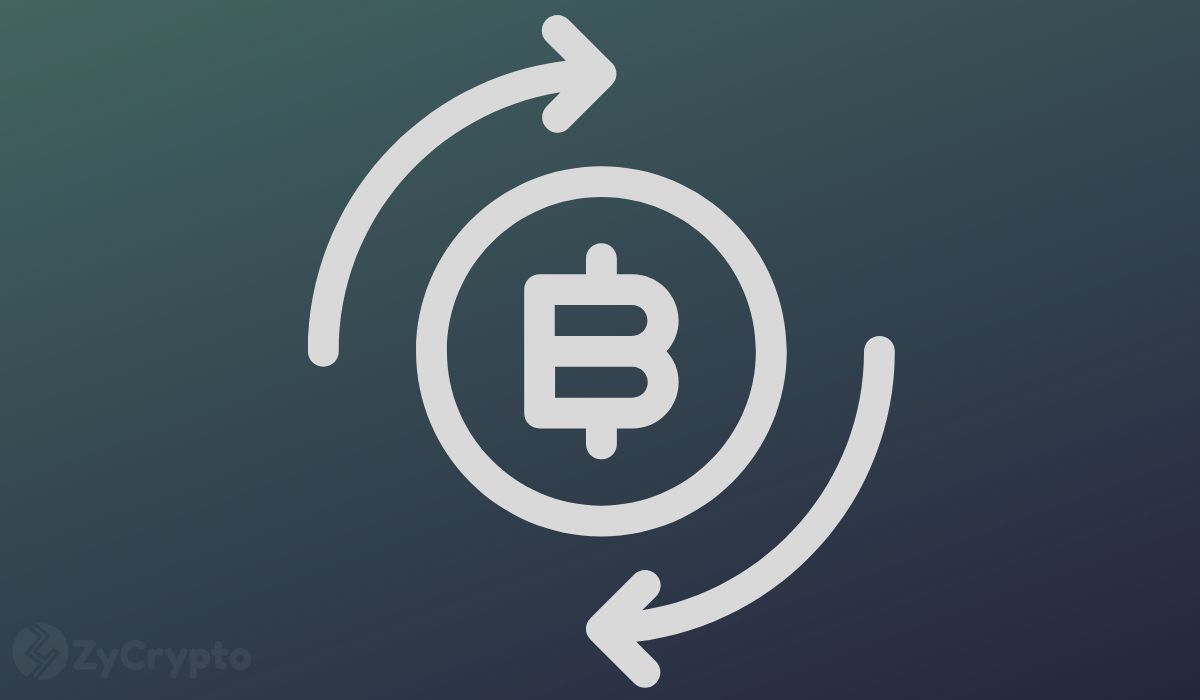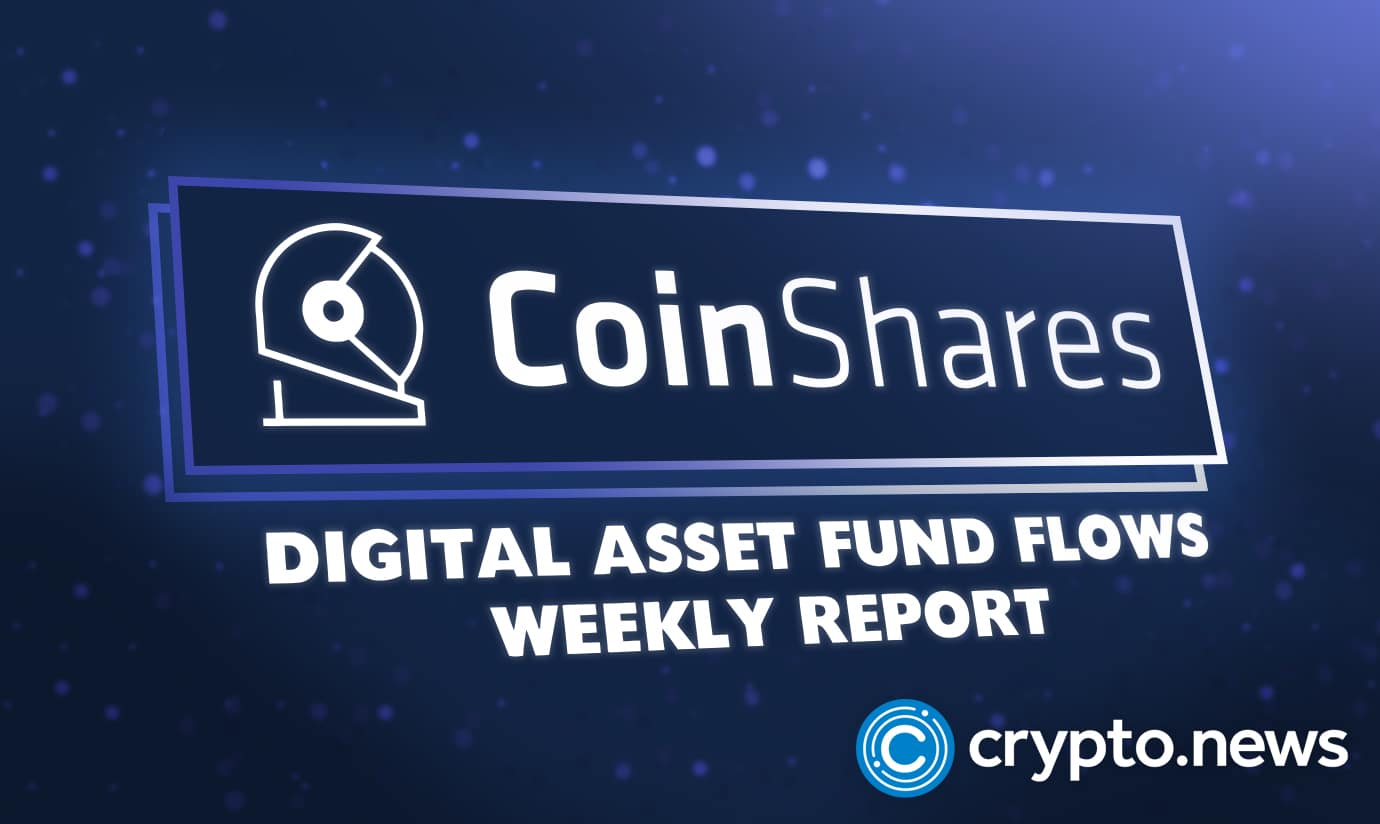
2018-10-15 19:08 |
In 2014, one of the world’s biggest Bitcoin exchanges, Mt Gox, filed for bankruptcy after the theft of more than $460m of Bitcoins. With investors losing such a large amount of money, the nascent digital asset market looked under threat. Many policymakers saw it as a sign that trading in digital assets should be banned.
Japan – the country where Mt Gox was based – disagreed with this widespread opinion. Instead it introduced new regulations to support the digital asset market and encourage more investment.
In this three-part series of posts, I will make a case for why digital assets should be regulated on a global scale. I’ll also explore how forward-thinking policymakers are driving demand while protecting customers in Thailand, Abu Dhabi and, in this post, Japan.
Regulation means legitimacy (and not everyone wants that)
Japan has a long-standing progressive attitude to digital assets and exchanges. As other major Asian economies like China and India have opted for bans, Japan boosted its position. Today around half of the world’s virtual currency trade happens there.
Despite Japan’s largely-positive example, most other countries are reluctant to introduce digital asset market regulations. Some don’t believe that the market is big or important enough to bother. Others are concerned about money laundering and risks for crime or terrorist financing associated with digital assets. Furthermore, in countries with complex FX regulations, regulators are weary of introducing new regulatory frameworks. India’s central bank for example, the Reserve Bank of India (RBI), in a recent affidavit to the Supreme Court of India suggested that Bitcoin cannot be considered as valid currency or money because of the existing Foreign Exchange Markets Act (FEMA).
Finally, lack of regulation is often encouraged by the digital asset market itself. The original digital asset, Bitcoin, was an anti-establishment reaction to the 2008 financial crisis. Regulation makes this tool of revolution a part of the system they’re trying to overthrow. When there are no rules, certain groups can profit from the chaos.
Ripple’s three-prong approach to regulation
Ripple believes in collaborating with regulators and working within the existing financial system. Ripple leverages a combination of distributed ledger technology and the digital asset, XRP, to make cross-border payments faster, cheaper and more efficient. We believe regulation will help organizations use digital assets to develop innovative solutions, while also protecting consumers who use these services or invest in digital asset markets.
Ripple has long advocated a three-pronged approach to regulation focused on use-cases, that addresses risks to consumers and also provides guidance to banks on leveraging digital assets. Japan is a prime example of how this kind of progressive and thoughtful regulation can work.
Driven by demand, enhanced by regulation
Facing early market demand for digital asset exchange investing, Japan first introduced rules in 2012 that were designed to protect retail investors. After Mt Gox, the Financial Action Task Force issued guidelines for a risk-based approach to virtual currencies that Japan adopted in a revised Payments Services Act.
Today, digital asset exchanges have to be fully licensed in Japan, while Bitcoin is the first digital asset to be accepted as legal tender. As a result of an approach that balances risk while promoting innovation, trading in the country’s virtual currency market has increased. Consumers, big business and financial institutions are now more comfortable getting involved.
It has not been all smooth sailing though. Earlier this year, the Tokyo-based exchange Coincheck was hacked, resulting in the theft of $500m of digital assets. Once again Japan refused to panic. Instead the Japan Financial Service Agency (JFSA) ordered Coincheck to improve security, but did not shut it down. The exchange has since begun compensating investors for losses, which wouldn’t have happened had it been ordered to close.
The hack also led to the JFSA issuing further revisions to make its regulations more robust and it shut down a number of exchanges that were not up to par. Japan is now looking closely at how it can regulate new issues like tech governance, wallet management and audit requirements for digital assets.
Promoting financial invocation and inclusion
While the technology behind them is complex, virtual currencies are simply just another financial tool. Like any financial innovation, they are open to abuse as long as the market remains uncontrolled and unregulated. Japan has shown that mitigating against risk in a thoughtful and incremental way will help build an exciting new market that promotes financial innovation and inclusion.
You can see the positive impact and influence of Japan’s approach in the recent introduction of digital asset regulations in Thailand and Abu Dhabi. I will explore these two cases and the opposing routes each has taken in my next post, as I continue to make the case for global digital asset regulation.
The post The Case for Digital Asset Regulation Part 1: How Regulation Helped Make Japan the Leading Digital Asset Market appeared first on Ripple.
origin »Bitcoin price in Telegram @btc_price_every_hour
Digital Rupees (DRS) на Currencies.ru
|
|
